Editorial: Cassian Andor and the Shady Side of the Rebellion
Rogue One, the first Star Wars standalone movie, is well into its theatrical life. It’s standing firmly at 85% on Rotten Tomatoes and it crossed one billion dollars at the worldwide box office, so it’s safe to say that it was a critical and financial success.
Additionally, the movie delivered on the promises made by the filmmakers: it was a war movie and, while staying faithful to Star Wars aesthetic and storytelling, it delivered something new to the audience. One of those novelties was muddying the waters of Rebellion’s morality.
While making the Original Trilogy, George Lucas made a pretty clear line in the sand between the Empire and the Rebellion. For those of us who came into it as children and grew up with the original movies, it was always clear: the Rebellion is good, the Empire is bad.
When Disney acquired Lucasfilm in 2012 and Lucasfilm formed its Story Group, we started seeing the changes and shades of gray introduced into the stories – it seems that the Star Wars galaxy grew up along with its original fans. These changes were especially noticeable in the representation of the Empire. The questions like: “Why would anyone join the Empire in the first place?” or “Is every Imperial officer evil?” started getting answers in the characters like Ciena Ree and Thane Kyrell (Lost Stars), Rae Sloane (New Dawn, Aftermath, etc.) or Agent Kallas (Rebels). The only indication that the Rebellion was going to get a similar treatment was the mentioning of Saw Gerrera’s partisans in some of the novels.
Imagine my surprise when the first individual act of a rebel in Rogue One was to murder an informant. Cassian Andor shoots an injured Tivik in the back due to the character’s inability to escape capture by the Empire. Cassian’s rationalization is clear: Tivik was already shaken and it is highly possible that he would have spilled all Rebellion’s secrets at once. And, if not willingly, he would certainly do it after being tortured. Allow me to cross (several) streams here. In the words of Mister Spock, Cassian’s rationalization is clear: The needs of the many outweigh the needs of the few or the one. The Rebellion as a whole outweighs Tivik’s life.
This is Cassian’s personal account of the event (from Rogue One: Rebel Dossier by Jason Fry, emphasis mine):
“Before I could find out more, stormtroopers approached us. They were clearly looking for Tivik. I eliminated the troopers and neutralized Tivik to prevent him of being taken into Imperial custody.”
We are certainly not accustomed to our rebels behaving this way. Cassian’s cold account of the event does even more to shade the morals of people that have for decades been seen as the irreproachable heroes of the franchise.
So, who is Cassian Andor and how did he become the man we meet at the beginning of Rogue One?
Cassian was born 26 BBY on the planet Fest. As a six-year-old, he joined an insurrectionist cell backed by the Separatist. He fought by throwing rocks and bottles against Republic walkers and clone troopers. It is likely that he joined the Separatists after his father was killed during the protest against militarization of the Republic. So, basically, Cassian started his military career as a child soldier.
Sometime after the Republic transformed into the Empire, Andor was recruited into the Rebellion from the ranks of other anarchists by General Davits Draven and became a part of its intelligence branch. The communication between Draven and Mon Mothma in the same Rebel Dossier, gives us more insight into Andor from two different perspectives.
General DRAVEN:
[…] Capt. Andor is one of the most capable agents within Rebel Intelligence. He is a valuable fighter on a battlefield, able to handle missions ranging from reconnaissance and infiltration to assassination and sabotage. […] Capt. Andor is also skilled at gathering information and figuring out what it means, without having to report back to base for assistance or instruction. […] Capt. Andor has worked with the rebels since he was a child. It is no exaggeration to say that we are his family. He is absolutely loyal to the rebel cause and will do whatever he must to achieve our goal.
Commander MOTHMA:
[…] I have never doubted Capt. Andor’s abilities or his dedication to the rebel movement. He is truly one of our best and brightest, and I trust his judgment on this mission.
I am concerned about him, however. I understand that for our rebel movement to survive, brave men and women must do terrible things that we’d rather not talk about. But what happens to those men and women afterward? Are we doing enough to help them live with what they’ve had to do? Do we encourage them when they feel guilty? Comfort them when they can’t sleep? And do we notice when they stop feeling guilty? When they no longer lose sleep?
Let’s unpack this. It is clear that Cassian’s dedication to the cause extends to assassinations. The Ultimate Visual Guide by Pablo Hidalgo provides us with a few more details. Besides acting as undercover agent and recruiter – Fulcrum – for the Rebellion, the book shows that Cassian carries a personal identifier transponder which conceals a “lullaby” suicide pill. His dedication extends to taking his own life to preserve the safety of the movement. Rebel Dossier, which covers the state of the Rebellion prior to the events of Jedha, proclaims that Cassian’s mission – known as Operation Fracture – is to confirm Bodhi Rook’s information and locate and extract Galen Erso. We know how Draven changes that mission – although Mon Mothma is the military leader of the Rebellion and is aware of the means they sometimes use. In Rogue One, it becomes obvious that Mothma has come to terms with the fact that open war is inevitable. But, here we learn that not only she is prepared for war, she knows of the things that are done in name of the Rebellion, even if she doesn’t like it. That’s quite a contrast to the Mon Mothma given to us so far in the new canon, someone who was always pushing for peace, democracy, demilitarization, etc.
So, at the very top of the Rebellion we have an assassin, the man who orders assassinations and a woman who turns her head at these acts. You have to wonder how savage Saw Gerrera’s actions were when this kind of people cut ties with him. He obviously has no qualms attacking Imperial forces in the middle of a street full of civilians. It’s easy to imagine many of them dying during Saw’s previous attacks.
So what, if anything, changed in-world between the events of Rogue One and the Original Trilogy?
I will posit that before the events of Rogue One, the Rebel Alliance was not a real army or a definite movement. As large as it has grown by this time, it wasn’t completely united. They might have agreed on the goal – to restore the Republic – but there was no actual agreement on the means. Consisting of both military and civic leadership, the rebel council was often gridlocked, mainly because some senators still clung to the belief that it was possible to negotiate with the Empire as well as their dwindling sphere of influence. Open warfare was out of the question, so the secret, surgical missions and sabotages lead by Draven’s men were the only answer. When you are fighting a far superior force and striving to maintain secrecy, “by any means necessary” and “the cause justifies the means” becomes acceptable.
The change started in the ranks as it often happens in real life. Inspired by Jyn Erso’s determination and wrestling with his own demons, Cassian gathered volunteers – spies, saboteurs, assassins – to help Jyn do what the leaders weren’t willing to do. As we know, the mission ends with the massive battle and sacrifice of each and every Rogue One member, allowing Princess Leia to escape with the Death Star plans and giving the Alliance hope for the future.
But, that is not all Rogue One gave the Alliance. In a way, our rogues forced the Alliance’s hand – the battle of Scarif was not just the first victory for the Rebellion, it was the first battle of the Galactic Civil War. The Alliance could no longer just be a series of coordinated attacks by insurrectionists, just a rebellion against tyrannical rule; it became a side in a war, an army. It had to stand united or fall. Even Mon Mothma, writing about Jyn, recognizes this (Alexander Freed, Rogue One novelization, emphasis mine):
“I regret to say I only met Jyn twice. To claim I knew her well would be an insult to the young woman whose fervor captivated so many. Conversely, to speak only of her effect on our movement—to recount yet again the rallying of the Rebellion and our transformation from a wary coalition into a unified nation—would be both redundant and insulting.”
This new, united Alliance could no longer go around assassinating people. Their influence has grown and the galaxy was watching. By the time we see Mon Mothma again on the big screen, when she announces the existence of the second Death Star, General Draven was nowhere to be seen. We know that he is alive at the end of the standalone movie. He is not on Yavin in A New Hope, but neither is Mothma, so make of that what you will.
Perhaps, the changes instigated by the Rogue One crew had much deeper ramifications for the Alliance. Perhaps, Draven’s methods died out with our rogues or were, at least, relegated to the sidelines. Perhaps, people like Cassian became the exception rather than the quietly accepted rule. While we could never look at the Rebellion the same way again, I’d like to believe that this was the case. That Jyn’s “You can’t talk your way around this.” was heard and answered differently than Cassian did initially. That Rogue One gave us the Rebellion we know and root for.
Staff member, comic and book reviewer. Cheers for the Light Side, but would drink with Grand Admirals.

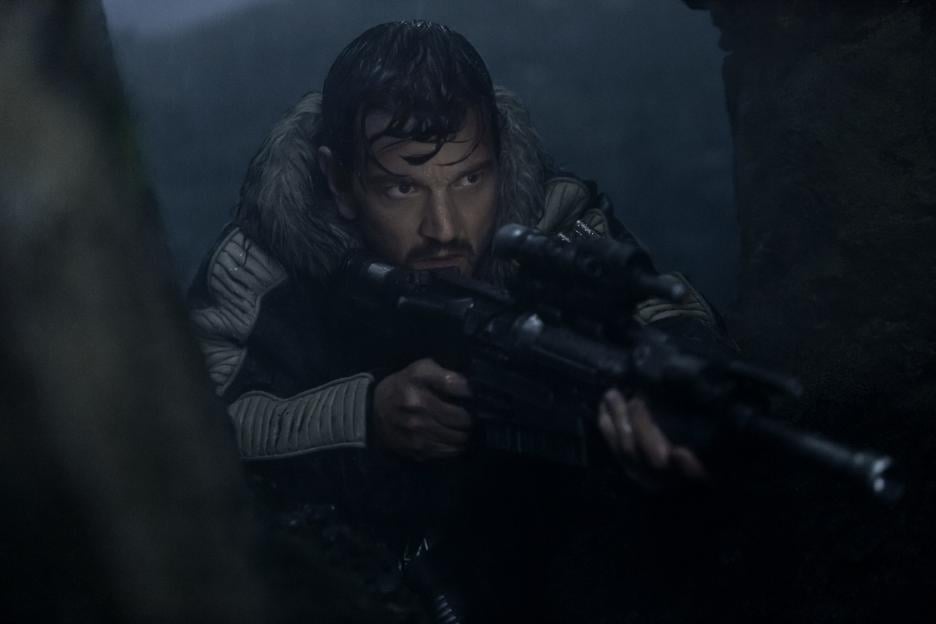

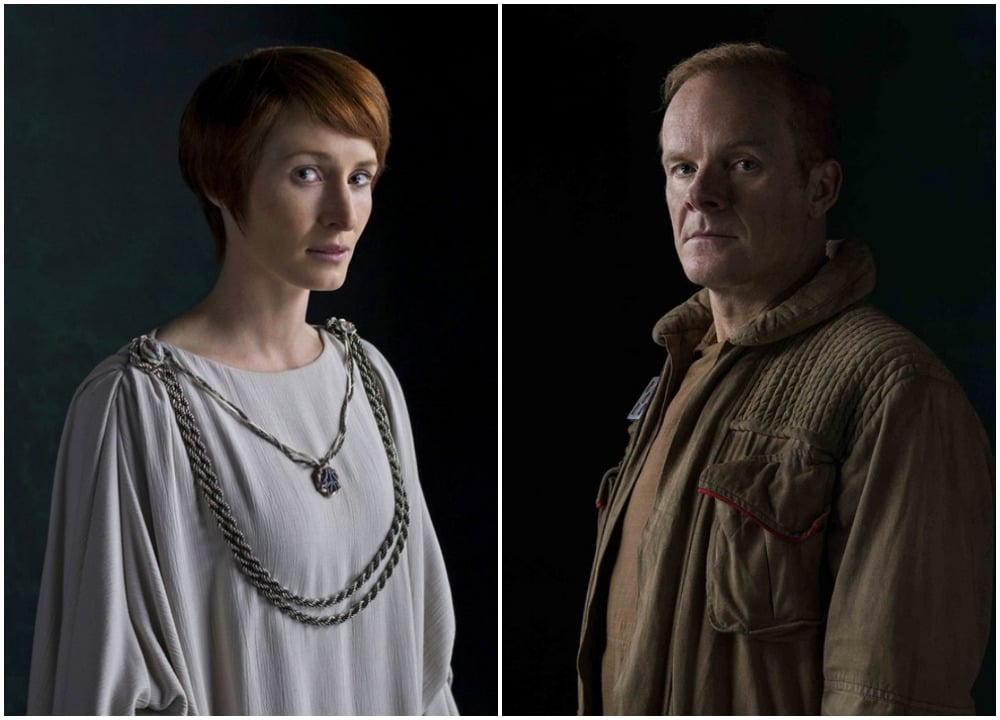

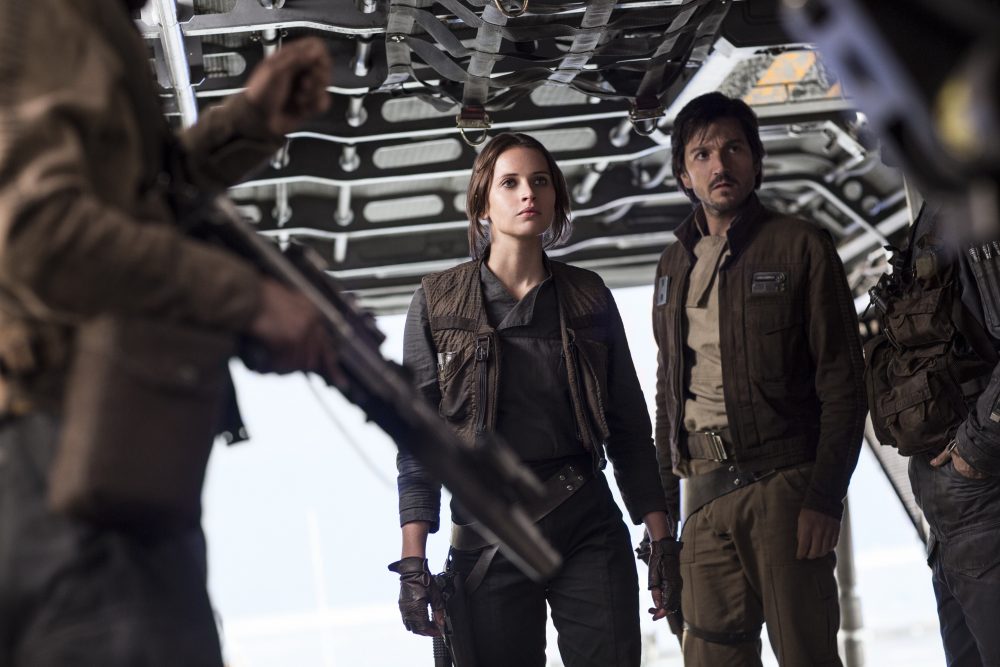

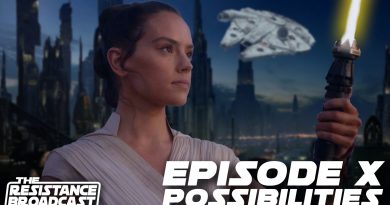
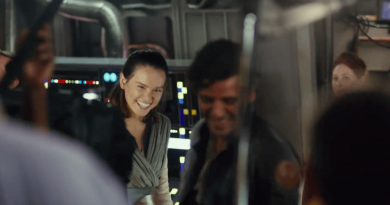
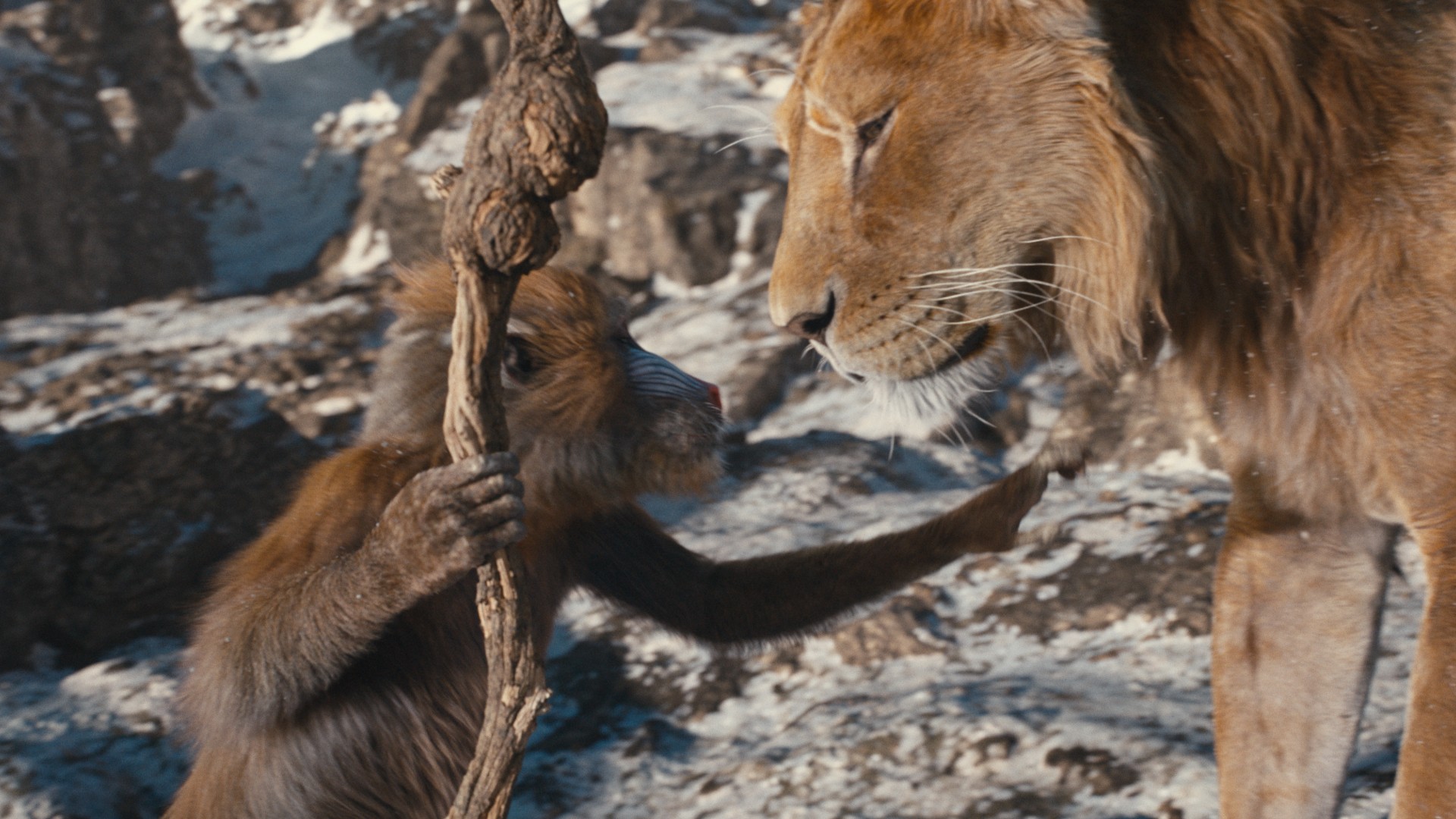
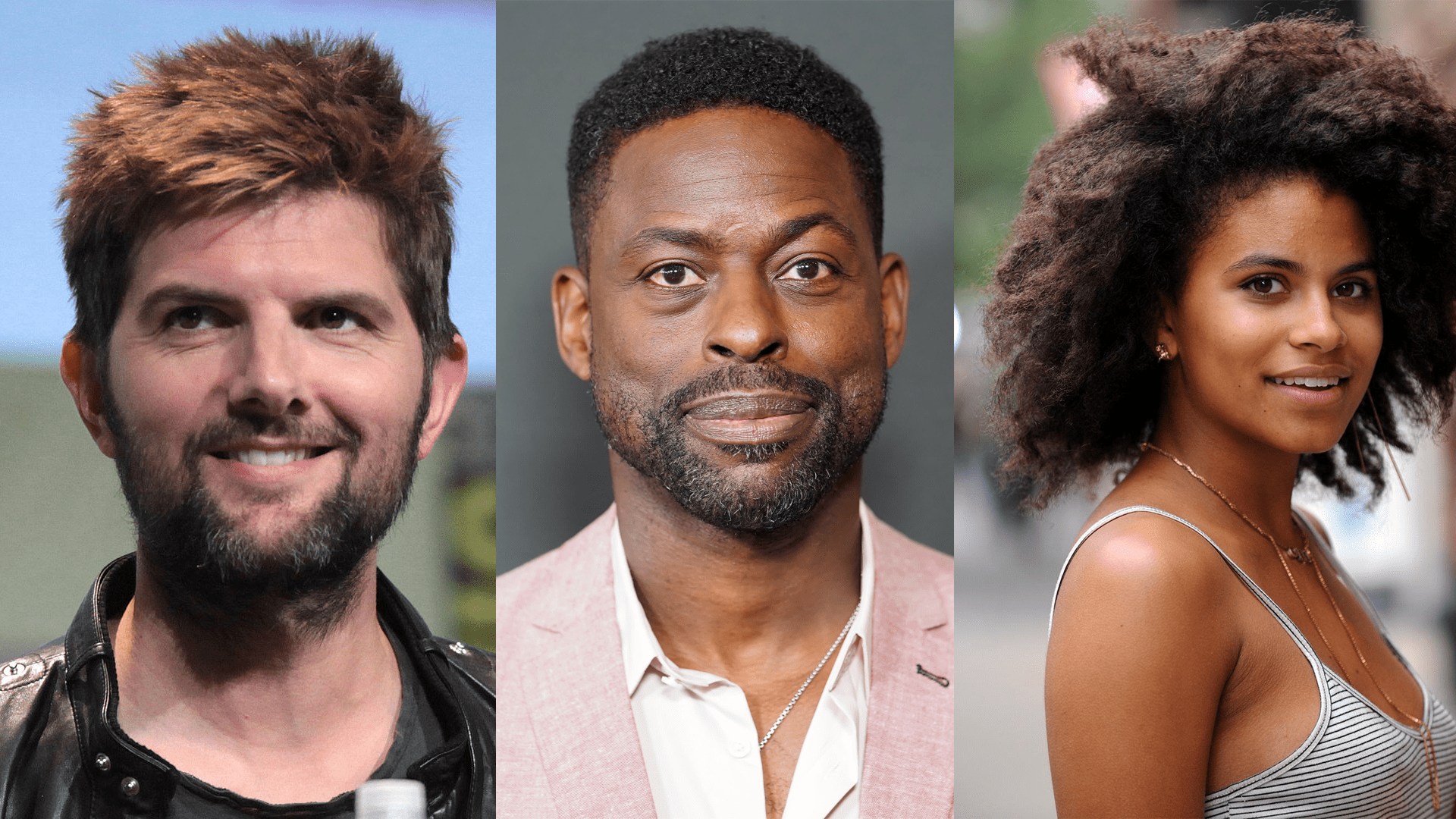
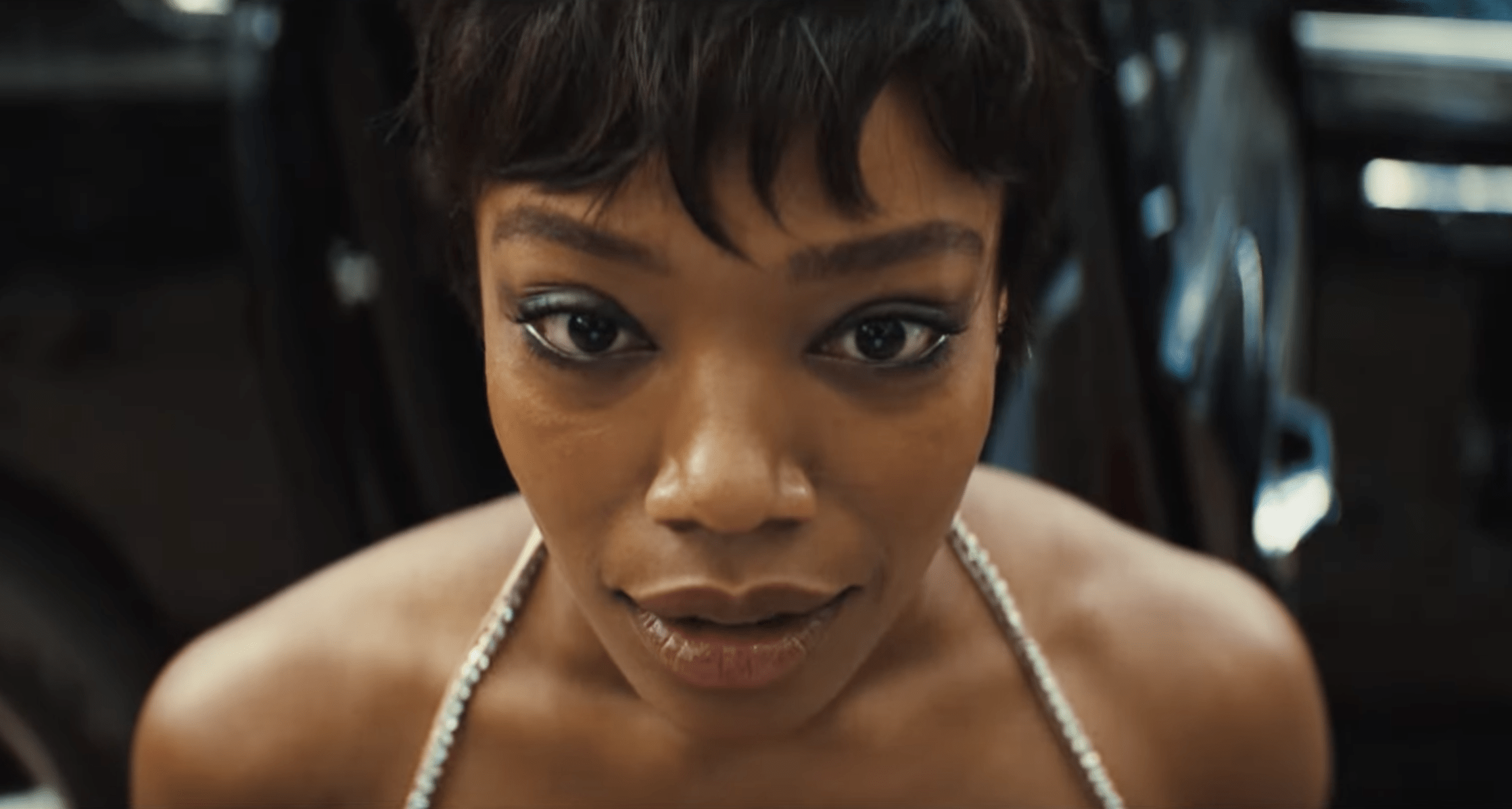
There was something about Rogue One that made the Rebellion more like the real world. All Rebellions may have to commit some unethical acts in order to overthrow the current power. Not everyone is capable of committing the acts that Cassian does but he does them with a better galaxy in mind.
Yeah. I’d like to see the first attempt at rebellion being a kind of ‘people power march’ and then AT-AT’s stomping all over it… it’d make a better prequel than attack of the clones…
Like Rogue one, the clone wars brought in gray characters a lot. Which is a good thing it makes it much more complex and real. As opposed to what JJ, did in vii. Where the bad guys are cartoon characters and the good guys are just all inherently good. Too simplistic and too black-and-white.
Um…that’s pretty much how the entirety of the Star Wars movies were.The good guys were clearly good and the bad guys were clearly bad in the original trilogy and prequels. JJ didn’t do anything differently in that regard. I do agree with you on the Clone Wars cartoon and Rogue One bringing in more gray characters though.
The clone wars did it wrongly imo. The bad guys were still cartoonishly evil, yet the jedi, who should’ve been the guardians of peace and justice were just a bunch of circle sitting old people who did little to nothing… They should’ve been depicted as good guys imo.
Because judging by the PT alone, they very well deserved their defeat and it’s better for the Galaxy if those incompetent guys never return…
“As opposed to what JJ, did in vii. Where the bad guys are cartoon characters and the good guys are just all inherently good. Too simplistic and too black-and-white.”
How did Episode IV not do this as well? Or is it only a problem when a new movie does it?
ANH had Han Solo, a chaotic neutral character who seems to be only in it for himself until the final moments of the film. ESB had Lando Calrissian, who plays a similar part.
1. TFA has Ben Solo, a character who feels the pull to the light and almost doesn’t kill his father.
2. ESB is irrelevant. You can’t compare one movie to two. Wait for TLJ to come out and then we’ll talk.
I don’t see why you can’t compare one movie to two. Because three things can’t be similar to one another? Sheesh. The point I was making was that the OT films did have gray characters, though the main motif was of course light vs. dark.
Weird, because VII mirrors IV, the first Star Wars film that created everything you know and see in the franchise.
Not weird. IV mirrors I. Look up Star Wars Ring Theory, grab a beverage, and get comfortable.
Wait, IV mirrors I? Because One came after four..So One would have to mirror IV. And it does, to an extent. But not so much as VII.
Read this:
http://www.starwarsringtheory.com/
Too much to go into here. But yes, there is an underlying poetry going on that most prequel-haters will never come to appreciate.
No amount of poetry can make shitty effects and bad dialogue any less shitty.
LOL no.
Demoralized people are obsessed with turning everything grey.
I’m just hoping they release a Hot Toy of Cassian. They have to !
They fucked up on his backstory though according to the Visual Guide. He was a Seperatist sympathizer who helped in attacks on the Republic as a child………so why does he want to side with the team who’s goal is to dun dun dun bring back the Repubic?
Especially since it’s already been established that they become the New Republic in the ST. Makes no sense at all.
Well….Cassian is dead by then.
But he seemed pretty smart and seems like he saw that was where they were heading.
Because the Empire was worse than the Republic.
Given that, It would have made more sense if they made him more of an anarchist and less an idealist but there was not enough character development onscreen to suggest much of either.
The former Separatist were some of the teachers of the Rebellion – they thought them tactics, but especially how to gather their own fleet. Mon Mothma mentions it in Rogue One novelization.
He was less of a leader and more of a terrorist, Not blowing up droids but clones and other humans. There were Seperatists turned Rebels but not war criminals. Then again it does make sense why they picked him to kill other Rebels.
Cassian was six years old when he was a part of the Separatist movement. Even if he was blowing up clones (and he was throwing stones and bottles at them, so he was not – The Ultimate Visual Guide), he is hardly a war criminal at this point.
He fought against the Republic, which became the Empire. He fought for freedom from the Republic and now he fights for freedom still.
I see nothing there that is wrong.
The Confederacy is pretty much a corporate cartel though, Goldman Sachs and Wal-Mart on acid. He may have thought he was fighti for freedom but the bottom line was greed from what we seen in TCW.
Welcome to nuance!
See, a person can fight for freedom as they see it, even if the government they fight for is not fighting for freedom themselves. The American Civil War is a great example: A soldier is fighting for his freedom from the Union, while fighting against the freedom of the slaves. It all depends on where you stand.
Also from the Episode 3 crawl: “There are heroes on both sides”
The Republic had become evil because of… dun dun duunnnnnnn.,…. Sidious manipulating it. The Seperatists were on the right side, just being manipulated by evil beings. General Kleeve, a Seperatist, was eventually hip to what was going on as revealed in the Kanan series.
Not at all. The corruption went on a century or so before he was born he just took advantage like all dictators do. It would have fallen without him just not so rapidly.
The Republic had been crumbling long before he was born. He just took advantage like all dictators. It never would have lasted in the end but he did accelerate it.
Maybe he meant the fight for…freedom? IDK
Time to bug Pablo.
I see it as Cassian fighting for a belief, represented by the Rebellion (and at one time the Separatists) for him. He makes no mention in the film of any love of the Republic, or concern for its identity – only his desire to stop the Empire. The fact that the Empire was once the Republic, and that the Republic should be restored to its former integrity doesn’t seem as important to him – this seems more likely a concern of Mon Mothma and those in the Rebellion with political ties, histories, and backgrounds. Not that he wouldn’t care about this, but Cassian was ultimately a soldier, an intelligence agent. He was fighting for a cause rather than a specific team.
In the visual guide I believe he was motivated by his Father’s death so he seemed more revenge oriented though that was not onscreen at all. I wish they focused on him being more of a hired gun. Than just another idealist like all the OT Rebels save Han in ANH.
For the common civilians on the planets there was probably not a big difference between the Republic and the Empire, I mean WE know that Palpatine was a Sith but he spoke of peace and all that, the Republic just changed its leader and name, it was already an occupying/liberating force on many planets. Their appearance didn’t change much either with the walkers and the armour. So yeah it makes sense to me.
I was so happy to see this character in the movie. I remember back when I was a kid I was all about the Rebels. Imperials suck, they are the worst dudes ever! But I kept seeing little bits an pieces about how the Rebels are kind of terrorists. They’re fighting for freedom, but at the cost of innocent lives lost in a war.
I don’t think it changes the orig trig either, because even in that, the empire did all they did to take out these terrorists killing their men. It’s really how you choose to look at it now rather than an obvious good and bad. I wonder how they can continue to expand upon this, maybe see some more shady deals in rebels.
It also brings to light the Force Awakens and how that seems more of a right and wrong situation than even the older movies had, I wonder if they will play up a grey zone in the new movies too.
Nice article! (And nice Ghostbusters + Wrath of Khan shout-outs…)
Sad news on John Hurt passing – amazing talent; will always remember fondly his ‘1 Degree of Separation’ from Star Wars in ‘Spaceballs’…
https://www.youtube.com/watch?v=RrxlbLVcpqI
“That Jyn’s “You can’t talk your way around this.” was heard and answered differently than Cassian did initially.”
With respect – I question that this should be answered differently. Cassian made it clear that he did not have to talk his way around anything because there was nothing to talk his way around in the first place. He did not shoot Galen Erso; he did not pull the trigger. That’s what really mattered most, and I feel it was honorable of him to do that, in the very best sense of what a Rebel should be.
The idea that Jyn should deserve something different from Cassian here… not so sure. Perhaps he could respond with more empathy, and give an apology for not telling her about his orders in the first place. But that’s not realistic for Jyn to expect in a Rebellion at war against an enemy that Cassian initially believed included her father. It seems to me that this scene was about her gaining the maturity she needed in order to perceive this. She went from being a street fighter and thief to being a full-fledged Rebel through the film, and this was part of that process.
Choosing to spare Galen’s life, for whatever reason, makes any other gesture by Cassian unnecessary, as he’s already proven his good judgement, heart, and integrity with that choice. The action spoke louder than any words ever could. No need to talk around anything, because action takes precedence, as it always does.
Thanks for the great article, by the way!
I don’t think Jyn is asking personal explanation, apology here from Cassian. He didn’t kill her father, true, but Alliance did and she feels that what he/they do can’t be excused. In her eyes, no motive excuses (preemptive) murder, no explanation is good enough. And Cassian is there, so it’s natural that she lashes at him.
So, when I said that I hoped that her statement was answered differently after the events that occurred meant that I hoped that Alliance came eventually to the same conclusion. I think Cassian did when he stopped her at the end from taking her anger on wounded Krennic.
I also hope that the Alliance was able to achieve these things as much as possible in all of their later actions. After all, like Saw said in the trailers (paraphrasing); when one continues to fight, what will one become? Your point is very well-taken about Jyn, and I like how you illustrate that she sees Cassian as the representation of the Rebellion here, in that particular moment. I hadn’t appreciated that fully.
I think this is one of the best things about Rogue One and this discussion, is that it gets me thinking – would the Rebellion still be effective if it operated only according to the highest ideals? I’m not sure that they could, but I’d like to think so, too.
The balance between ideals and reality is often difficult, and I love how longer articles like this help deepen the conversation.
I don’t think anyone involved in the war could ever operate according to the highest ideals. They might want to, but, as you say, the reality is quite different. That’s why I think that the Rebellion we’ve seen in the OT isn’t white as snow as we have been previously told. But, behavior shown in Rogue One was something that became exception, last resort, rather than usual operating mode. At least, I hope so. 🙂
Cassian should appear in Rebels. His acts in the rebellion are so important to not being showed in the series.
Hope they will do a coherent connection with RO and ANH
Whether Kallus is killed or just extracted, he wouldn’t be able to be Fulcrum for much longer. Wedge says in Aftermath that he was sent on a mission by Fulcrum where he crashed his A-Wing and broke his leg. That could happen in the next couple of seasons. So, it’s possible that this is Cassian. He acted as Fulcrum at some point.